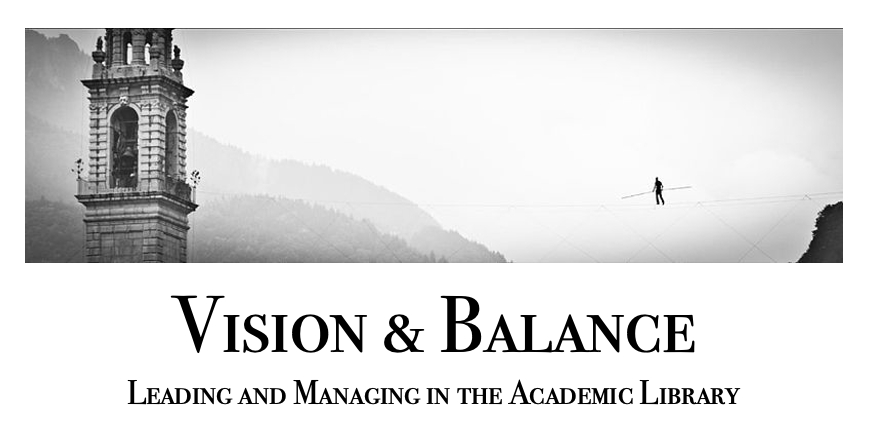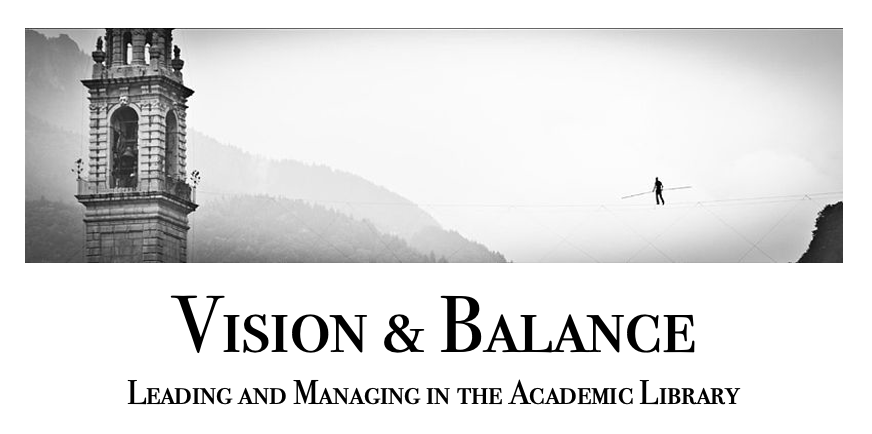Reality Always Wins -- In the Long Run
Reality may always win, but it's also true that (as Keynes put it) "in the long run we are all dead." So when do you intervene?

Ever heard the saying "reality always wins"? I have no idea who coined it, but I first heard that phrase some years ago, and for a long time I found it comforting. Sure, nonsense and denial might prevail for a time, but eventually we can count on the ineluctable power of reality to assert itself and prevail.
However, in more recent years I've been reminded of another famous quote, this one much older and attributed to the economist John Maynard Keynes: "In the long run, we are all dead."
The context for Keynes' quote was the Great Depression, during which some economists argued against significant government intervention, saying that in the long run, the forces of an unassisted free market would bring balance back to the financial system. Keynes didn't disagree exactly, but he pointed out that there would be a tremendous human cost to waiting for the market to self-equilibrate and argued that this cost could easily dwarf the costs of decisive intervention. His arguments prevailed, and changed the conventional economic wisdom for a whole generation.
But what does this have to do with library leadership?
In my experience, Keynes' economic view translates pretty well to organizational problems more generally. There are some problems and conflicts that you can let play out on their own time, because reality is likely to intervene in a timely way and resolve them – and others that require quick and decisive intervention before they snowball or create potentially disastrous knock-on effects. Developing the judgment necessary to discriminate between those two categories of problem is an important element of preparation for leadership.
So how do you develop that judgment? Obviously, there's no easy or simple answer to that question. But there are questions you can ask yourself, when faced with a problem in the organization, that I believe will help you decide whether (and if so, to what degree) intervention is needed:
- How does this problem interact with our mission? Does the problem you’re seeing represent a threat to the library’s ability to do its core work? If so, does it seem to pose an immediate threat – or is it a minor problem now that will only become serious if it drags on for a long time?
- How does this problem interact with our strategic priorities? Is this problem affecting one or more of the areas of most strategic importance to your organization, or – if it does metastasize – is it most likely to have serious effects only on the margins of your strategic priorities?
- What is this problem's apparent trajectory of seriousness? In other words, if you leave this problem alone, does it seem more likely to get better on its own or more likely to get worse? A complicating (but important) question is: if the problem represents conflict between people or units in the library, does it seem likely that they (and the library) will benefit more from being left alone to work it out for themselves, or from intervention by a leader? If the latter, how likely does it seem that letting the problem work itself out in the long run will undermine the library’s mission or priorities in the short run – and to what degree?
So remember that “reality always wins” in the long run. But remember also that “in the long run we are all dead.” Sometimes we can wait for reality to win, and sometimes we need to step in and intervene. Discriminating between those two circumstances is one of the crucial skills of leadership – and unfortunately is more likely to be learned by experience than by precept.
(In the discussion above, I alluded in passing to the distinction between "simple" and "easy.” That distinction will be the topic of this week's subscribers-only post, on Thursday.)
